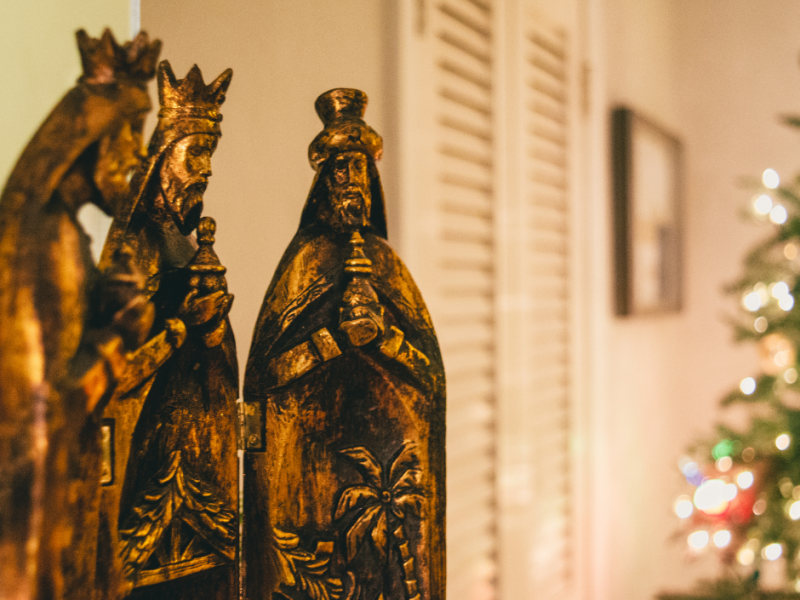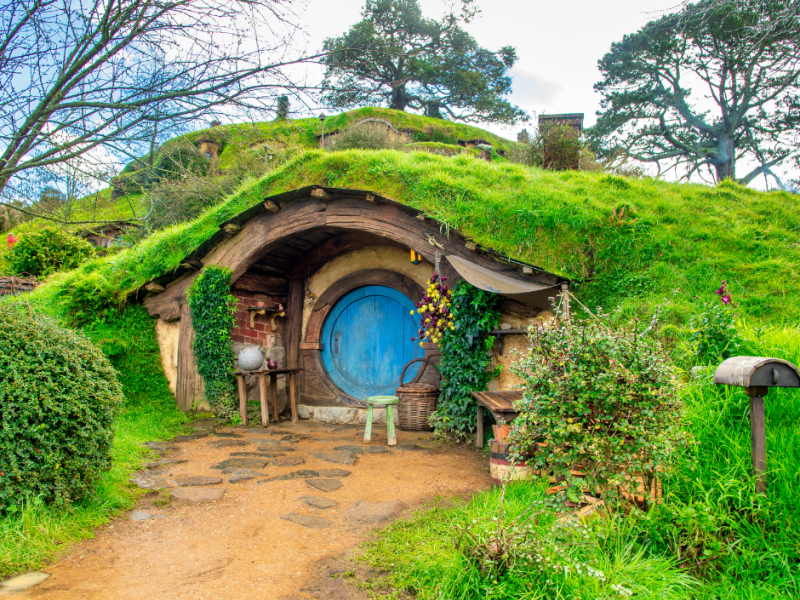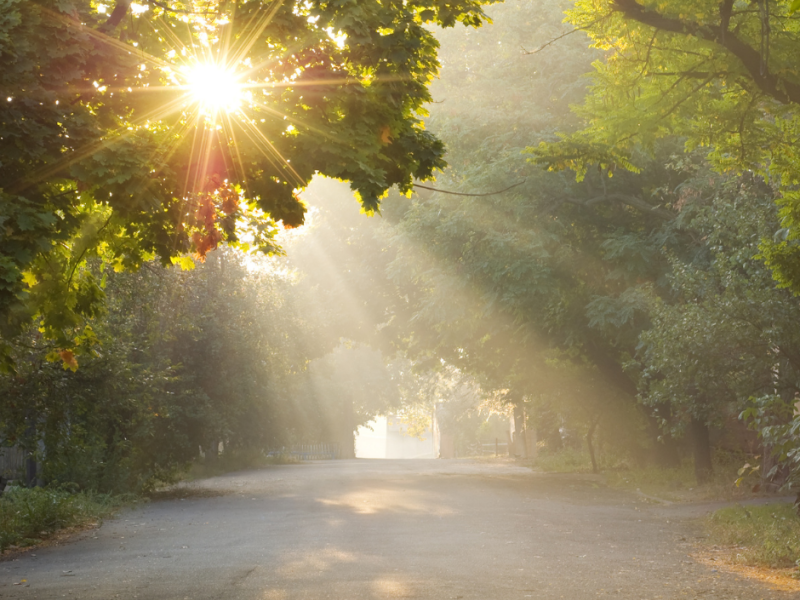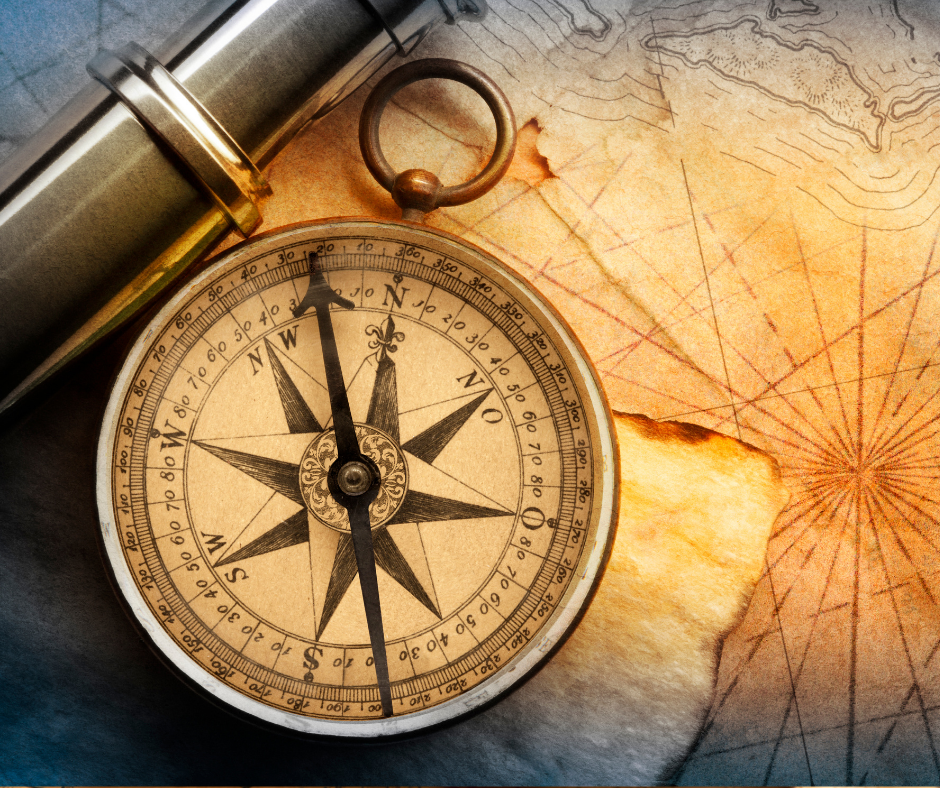
By Matt O'Connell, Evangelisation Coordinator, Catholic Diocese of Christchurch
On Sunday January 5th the Catholic Church celebrated the feast of the Epiphany - the visit of the three wise men to visit baby Jesus in the stable at Bethlehem. The account of this visit by the three Magi, written in the gospel of Saint Matthew, contains much to reflect on. This feast every year always reminds me of my pilgrimage to World Youth Day (WYD) in 2005. That year WYD was held in Cologne, Germany, with the theme “we have come to worship Him”. These are the words of the three wise men when they stopped in Jerusalem and met with King Herod to inquire about the location of the infant King. The theme for this particular WYD was chosen because the relics of the three wise men are kept in the Cologne Catholic Cathedral for veneration. I would like to reflect briefly on the theme of pilgrimage on this feast day. It is a fitting way to begin 2025, a Jubilee year with theme, “pilgrims of hope”. Pilgrimage has always been extremely important in the history of the church. It can be defined as a journey, both interior and exterior. People have gone on journeys for many different reasons over the centuries. We might recall the Israelites travelling to Egypt for food, and then later leaving to escape persecution. Abraham was called to leave everything behind and journey to a new land. Others have gone on journeys and pilgrimages to grow closer to Jesus, others as an act of repentance and others for many other reasons. The three wise men set off from their home in the East because of the star they saw in the sky.
As Pope John Paul II in his 2005 WYD message wrote “Christ had opened their minds and hearts”, to begin the long journey … “they did not hesitate to leave everything behind and follow the star”. How we end up on pilgrimage varies between different people. It might be an invitation, or a prompting, but at the heart of every journey, every pilgrimage, in inner call from Jesus Christ to sit out, leaving the comfortable behind. In the book The Hobbit, Bilbo Baggins has a very comfortable and easy life. Suddenly it is upended with an invitation to go on a journey. He is very reluctant, but he needs to go, to get out of his comfort zone, so as to become who he is truly called to be. At one point in the story he asks Gandalf if he will ever come home and Gandalf replies, “I don't know but if you do, you will not be the same”. The Journey can be long and difficult.


As Pope Benedict XVI said at WYD 2005, pilgrimages are not what we imagine them to be. Our expectations can be quite different than the reality we discover. I found this with the pilgrimage I went on in 2005 to WYD. Many friends had said how awesome it was attending a WYD so I had pretty clear expectations, but it ended up very different. Sickness, a lack of sleep, getting lost, getting caught in a train station crowd crush (just after I had venerated the relics of the three wise men), and awful experiences at the final Mass and sleep out, were completely different to what I'd imagined. It would have been the same for the three Magi on their journey, most especially when they finally reached the stable with the Holy Family and baby Jesus. They had set out to worship a king and instead found a new baby, yet they offer their gifts and worship him. They found Jesus Christ, as do all who set out on pilgrimages. Pope Benedict noted that when they arrived at their destination, the stable, “the outward journey was over but a new journey begins – an inner pilgrimage”. They had encountered Jesus, they worshipped Him, they adored Him, but now they have to leave to go back home, going back to the familiar. St Matthew ends his account in the gospel with the three wise men being warned in a dream “not to go back to Herod … so, they returned home by different way”. Pope John Paul wrote that this return home by a different route is a “symbol of conversion”, they leave Jesus but they are not the same. They are returning home different, changed. They were obedient to the warning in the dream just as they had been obedient to the inner prompting to begin the long journey to follow the star, wherever it would lead them.
The shepherds on Christmas night responded to the message of the angels to go and worship the baby Jesus in the Manger. They were, in a sense, the first pilgrims, the first adorers of Jesus Christ after the Holy Family. The three Magi also journeyed on a long pilgrimage to adore Jesus Christ. Pope Benedict at WYD in 2005 invited all the young people gathered to a “new pilgrimage which is called adoration, to adore the Christ child in the Blessed Sacrament”. How often do we make a small pilgrimage to visit the Blessed Sacrament in a church or in the adoration chapel. When we feel prompted, do we take the opportunity and not hesitate? Let us respond, this year in 2025, as the three Wise Men did and take every opportunity to journey on pilgrimage, short and long, to worship Jesus. 2025 is a Jubilee year. Pilgrimage is at the heart of a Jubilee year - making a journey to seek Jesus Christ, to encounter him more deeply, and respond more fully to his grace and his call on our life. In these early days of 2025, perhaps you might like to spend some time in prayer asking the Lord to reveal his path, to listen to the prompting of the Holy Spirit. All of us will be called by Jesus to go on pilgrimage this year in some way. For some it might be a trip overseas to a pilgrimage site or to Rome, for others it might be a journey to one of the sacred sites in our Diocese. For others it might be going on our Diocesan Pilgrimage to the North Island to visit the foundation of the Catholic faith in New Zealand, others might be called to go on a Diocesan or parish pilgrimage. And for others it might simply be an extra visit to your local church to adore Jesus. No matter what, be open to the call and the promptings of the Holy Spirit. And if you hear the call, “do not hesitate to leave everything” because our deepest desire is “to worship Jesus”.


